El cantante 2007
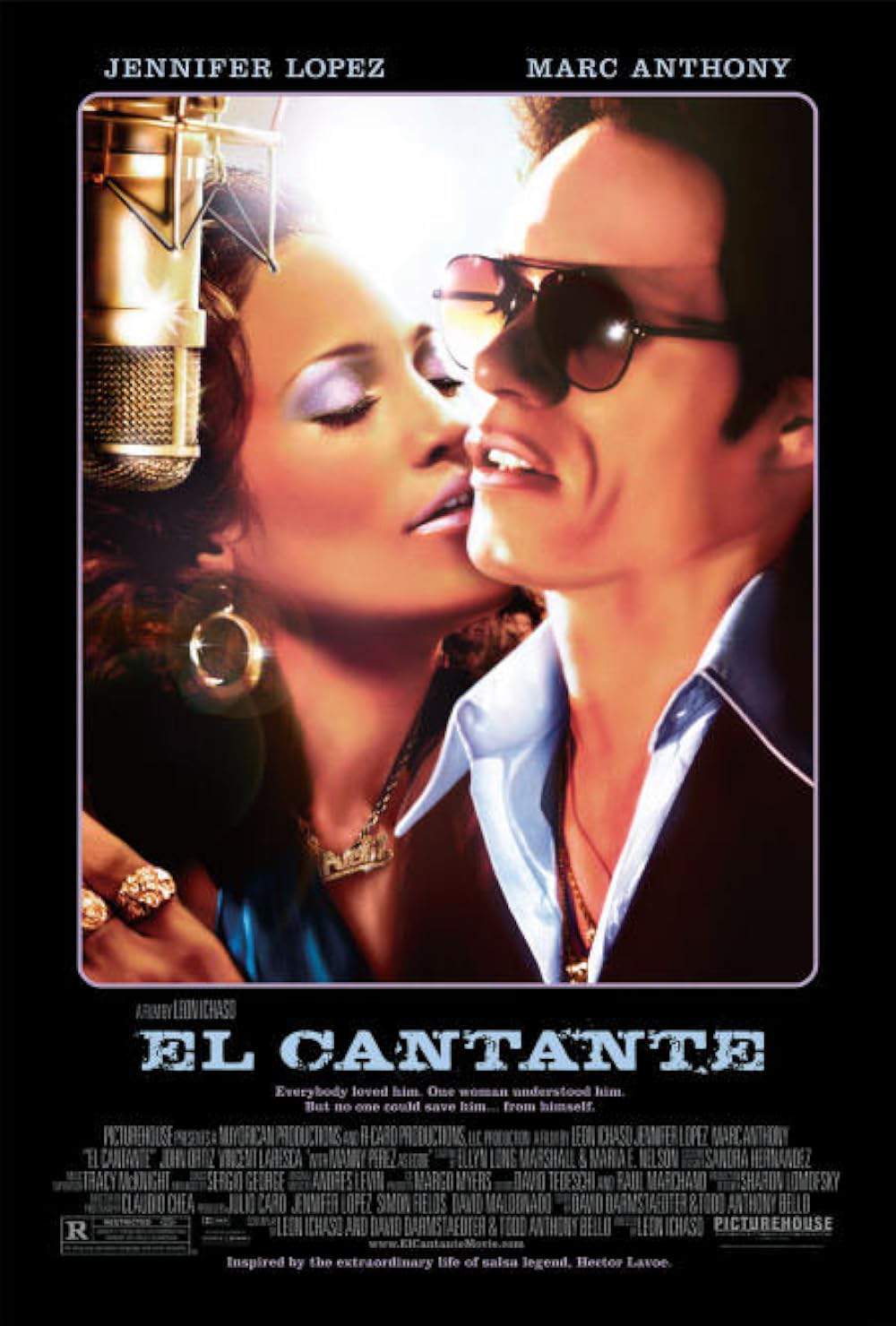
This powerful biopic explores the life of Hector Lavoe, a captivating singer whose music and rebellious spirit helped shape Puerto Rican identity and pride during the 1960s and 1970s in New York City. The film portrays his rise to fame and the struggles he faced, offering a poignant tribute to the salsa legend’s life, music, and the vibrant community that embraced him. It’s a soul-stirring celebration of self-expression and a look at a pivotal moment in cultural history.
Does El cantante have end credit scenes?
No!
El cantante does not have end credit scenes. You can leave when the credits roll.
Meet the Full Cast and Actors of El cantante
Explore the complete cast of El cantante, including both lead and supporting actors. Learn who plays each character, discover their past roles and achievements, and find out what makes this ensemble cast stand out in the world of film and television.
External Links and Streaming Options
Discover where to watch El cantante online, including streaming platforms, rental options, and official sources. Compare reviews, ratings, and in-depth movie information across sites like IMDb, TMDb, Wikipedia or Metacritic.
Ratings and Reviews for El cantante
See how El cantante is rated across major platforms like IMDb, Metacritic, and TMDb. Compare audience scores and critic reviews to understand where El cantante stands among top-rated movies in its genre.

46
Metascore
7.7
User Score

71
%
User Score
Take the Ultimate El cantante Movie Quiz
Challenge your knowledge of El cantante with this fun and interactive movie quiz. Test yourself on key plot points, iconic characters, hidden details, and memorable moments to see how well you really know the film.
El Cantante Quiz: Test your knowledge on the life and struggles of Héctor Lavoe as depicted in 'El Cantante'.
What is the primary passion that drives Héctor Pérez to New York?
music
acting
dancing
cooking
Show hint
Full Plot Summary and Ending Explained for El cantante
Read the complete plot summary of El cantante, including all major events, twists, and the full ending explained in detail. Explore key characters, themes, hidden meanings, and everything you need to understand the story from beginning to end.
As Jennifer Lopez’s character, Puchi, reflects on her deceased husband Héctor Lavoe during an emotional 2002 interview, the narrative shifts to a young dreamer named Héctor Pérez, who bravely chooses to leave Puerto Rico despite his father’s strong disapproval. His father’s passionate pleas fall on deaf ears, as Héctor follows his aspirations rooted deeply in the world of music. Upon settling in New York City, he encounters Eddie, played by Manny Pérez, who introduces him to the lively salsa music that thrives in the city’s streets. As his talent and magnetic personality flourish, Héctor earns the role of lead vocalist in a local salsa band and soon captivates the attention of Puchi, who is enchanted by his charisma. Their romance blossoms when her brother Papo, the club’s manager, invites Héctor to celebrate Puchi’s sweet 16 at their home, a significant milestone in their budding relationship.
As their love grows, Héctor confides in Puchi about the painful losses he endured, including the death of his mother and brother shortly after arriving in the city. Puchi, always supportive, reassures him that they will be each other’s stronghold through troubled times. However, dark shadows loom over their happiness, as Héctor grapples with infidelity, having betrayed Puchi’s trust with another woman named Carmen. The complexity intensifies when Puchi reveals that she, too, was pregnant with Héctor’s child concurrently with Carmen. In a passionate and desperate choice, she commits to being Héctor’s one true love, leading to their marriage and the joy of welcoming their son, Tito, into the world.
Tragically, a moment of careless decision-making occurs when Héctor stumbles upon Eddie using drugs. In an ill-fated bid to deepen their friendship, he joins in, triggering the spiral into addiction that will ultimately devastate their lives. Over time, Willie, the band member, begins to lose faith in Héctor as his unreliability becomes unbearable. Héctor’s struggles culminate in a consuming mix of substance abuse that wreaks havoc upon their existence. Puchi’s frustration peaks when she catches Tito alone, while Héctor neglectfully indulges in self-destructive behavior, leaving the stove on, an act of reckless endangerment. She desperately implores him to seek help, not only for his sake but also for the welfare of their son and the future of their relationship.
The tension escalates when Puchi awakens one dreadful night to find Héctor despondently contemplating suicide. Stricken by fear, she takes the bold step of sending him to rehab, hoping he will confront his inner demons. However, Puchi battles feelings of guilt and helplessness when faced with blame from Priscilla, who attributes Héctor’s issues to Puchi’s influence.
As time marches on, Héctor’s journey to sobriety brings a temporary peace, yet old insecurities begin to creep back as he accuses Puchi of infidelity. Despite the hardships, he pushes through and takes their family on a healing trip to Puerto Rico, searching for solace and connection. An emotional meeting with his estranged father, however, leads to feelings of rejection, compounding his personal struggles when faced with his HIV diagnosis. This news drives him to encourage Puchi to get tested, further illustrating the breadth of their challenges.
Unfortunately, as the months unfold, Héctor’s sobriety unravels, taking him back to old habits. Their lives become a tragic cycle of apologies, conflicts, and painful separations. In a harrowing chain of events, Héctor’s friend’s accidental suicide profoundly impacts him, leaving a lasting impression on his psyche, steeped in guilt and grief. Puchi shares that from that moment on, Héctor was never the same, his spirit dimmed by remorse. Their tragic trajectory culminates in Héctor’s premature death at the age of 46, due to AIDS complications, and Puchi’s own passing in 2002—both powerful testaments to love enduring even through mortality.
In his final moments, Héctor confesses to Willie about his deep affections for Puchi, expressing a poignant longing for a different past. As he seeks redemption on stage, pouring his sorrow into music during a sparsely attended concert in Puerto Rico, the emotional release becomes a haunting performance. With the rain pouring down, a moment of desperation turns into survival as he attempts to leap into the depths but ultimately survives, though the emotional scars will haunt him forever.
The film concludes with a touching reminder that love prevails beyond death, as Puchi finds solace in a cherished voice message from Héctor. Her movements to the song they shared evoke memories of their enduring bond. The story’s final notes highlight how their love stories, intertwined with sorrow and beauty, remain unfettered by earthly constraints, while the credits reveal the heartbreaking truth of their struggles against the tragic circumstances that forever altered their lives.
Uncover the Details: Timeline, Characters, Themes, and Beyond!

Coming soon on iOS and Android
The Plot Explained Mobile App
From blockbusters to hidden gems — dive into movie stories anytime, anywhere. Save your favorites, discover plots faster, and never miss a twist again.
Sign up to be the first to know when we launch. Your email stays private — always.
Discover Film Music Concerts Near You – Live Orchestras Performing Iconic Movie Soundtracks
Immerse yourself in the magic of cinema with live orchestral performances of your favorite film scores. From sweeping Hollywood blockbusters and animated classics to epic fantasy soundtracks, our curated listings connect you to upcoming film music events worldwide.
Explore concert film screenings paired with full orchestra concerts, read detailed event information, and secure your tickets for unforgettable evenings celebrating legendary composers like John Williams, Hans Zimmer, and more.


Cars Featured in El cantante
Explore all cars featured in El cantante, including their makes, models, scenes they appear in, and their significance to the plot. A must-read for car enthusiasts and movie buffs alike.
El cantante Themes and Keywords
Discover the central themes, ideas, and keywords that define the movie’s story, tone, and message. Analyze the film’s deeper meanings, genre influences, and recurring concepts.
El cantante Other Names and Titles
Explore the various alternative titles, translations, and other names used for El cantante across different regions and languages. Understand how the film is marketed and recognized worldwide.
Similar Movies To El cantante You Should Know About
Browse a curated list of movies similar in genre, tone, characters, or story structure. Discover new titles like the one you're watching, perfect for fans of related plots, vibes, or cinematic styles.
Quick Links: Summary, Cast, Ratings, More

What's After the Movie?
Not sure whether to stay after the credits? Find out!
Explore Our Movie Platform
New Movie Releases (2025)
Famous Movie Actors
Top Film Production Studios
Movie Plot Summaries & Endings
Major Movie Awards & Winners
Best Concert Films & Music Documentaries
Movie Collections and Curated Lists
© 2025 What's After the Movie. All rights reserved.














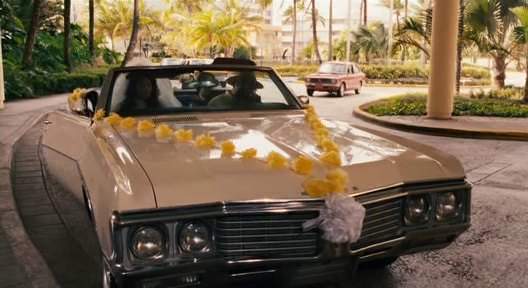
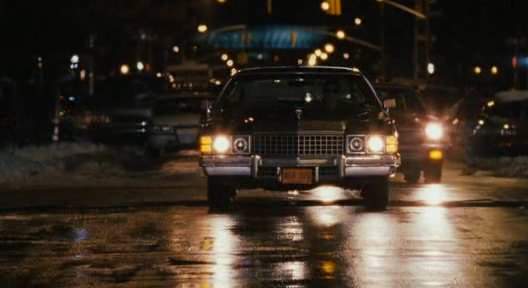

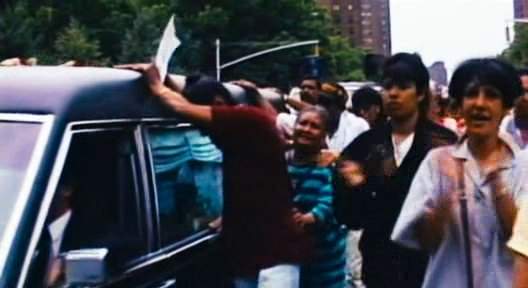
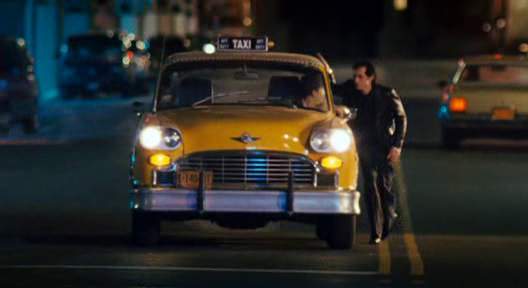
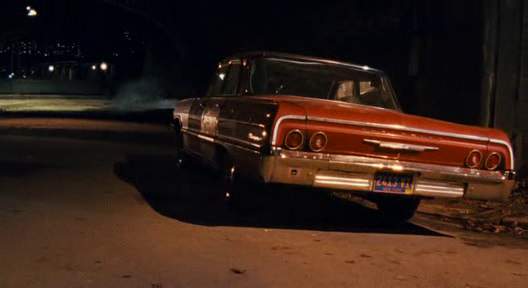
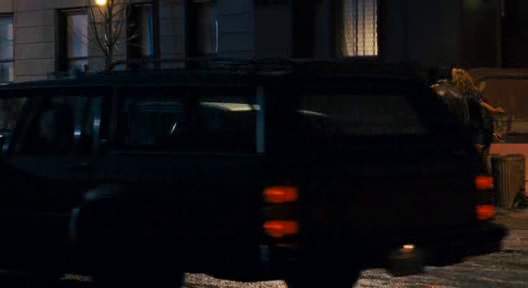
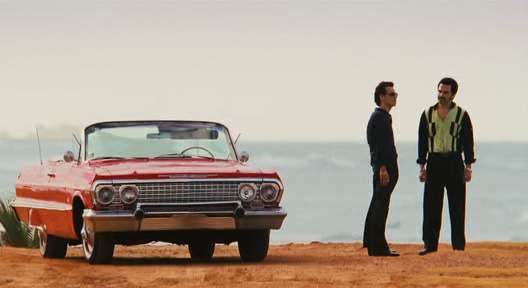
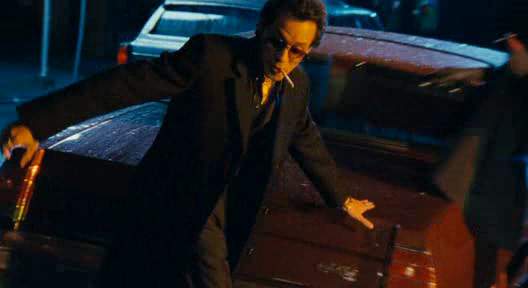
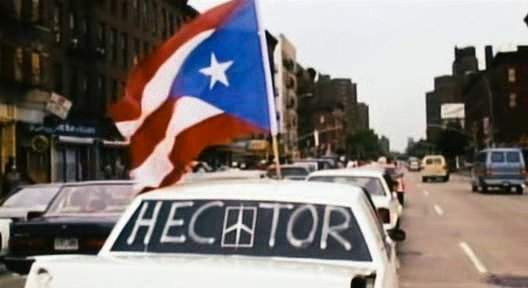

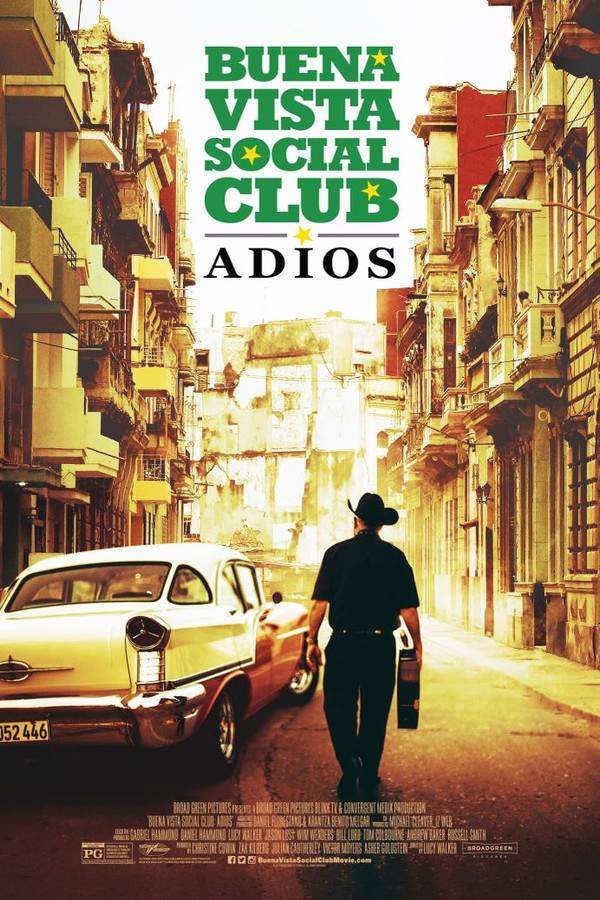
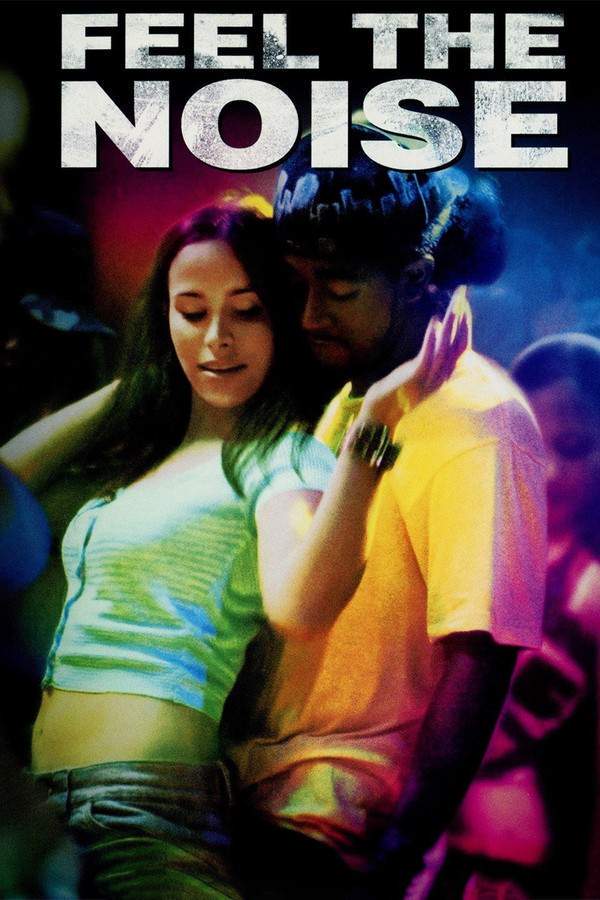
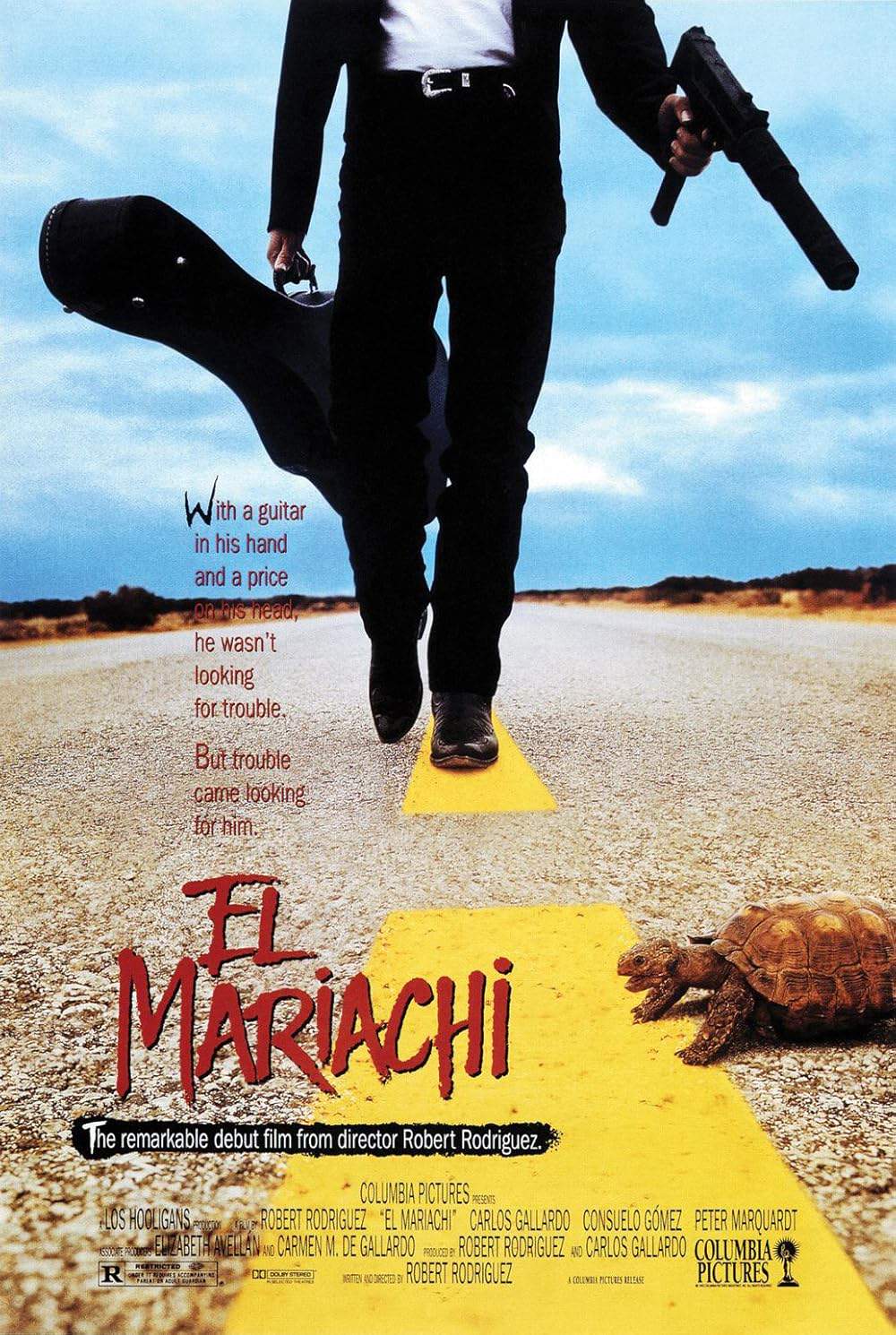
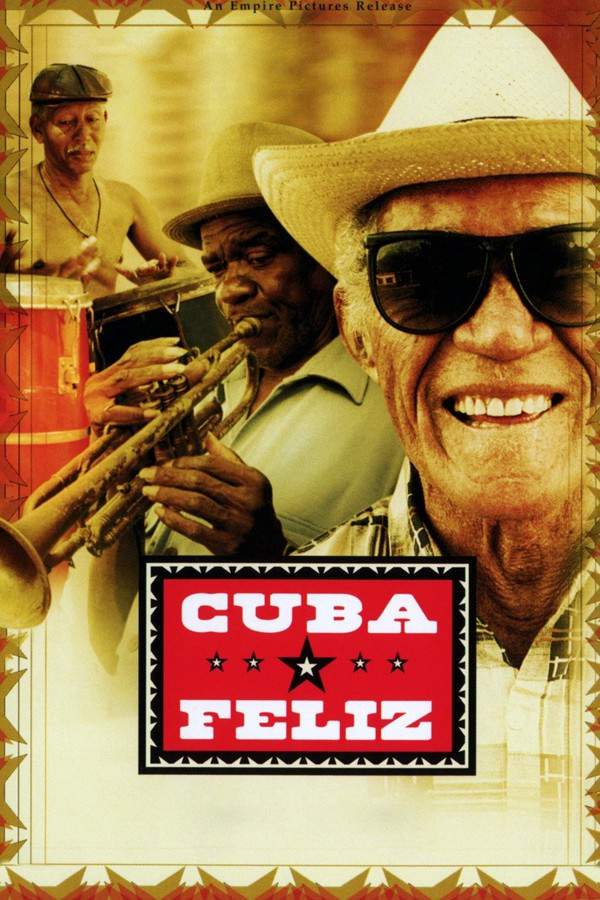
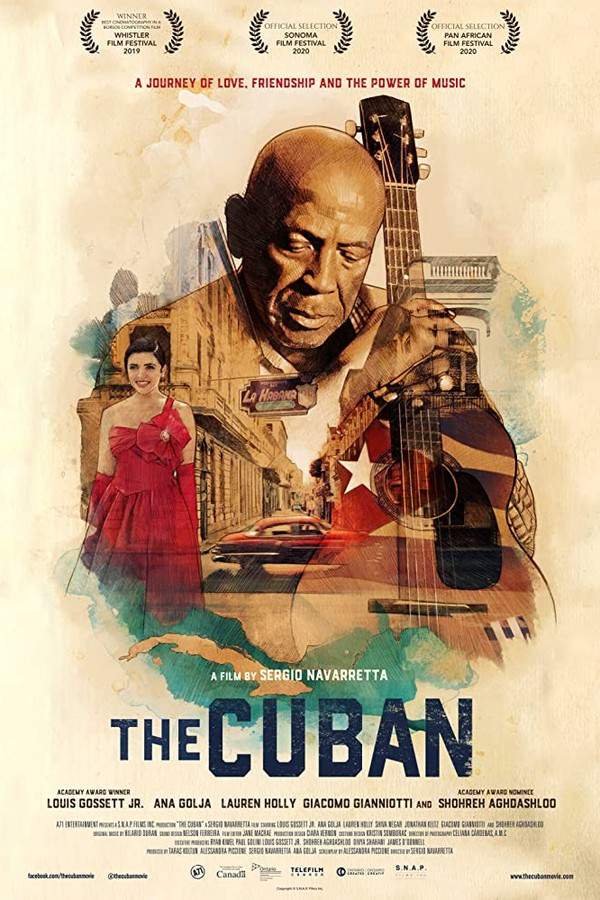





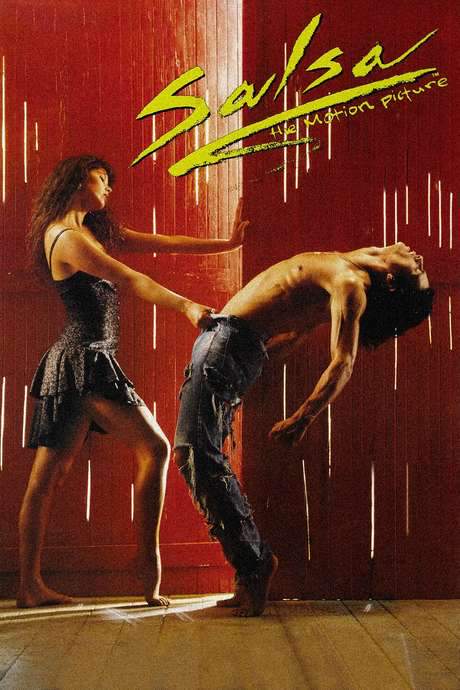


-YHLMr6M3fdtHSg.jpg)



